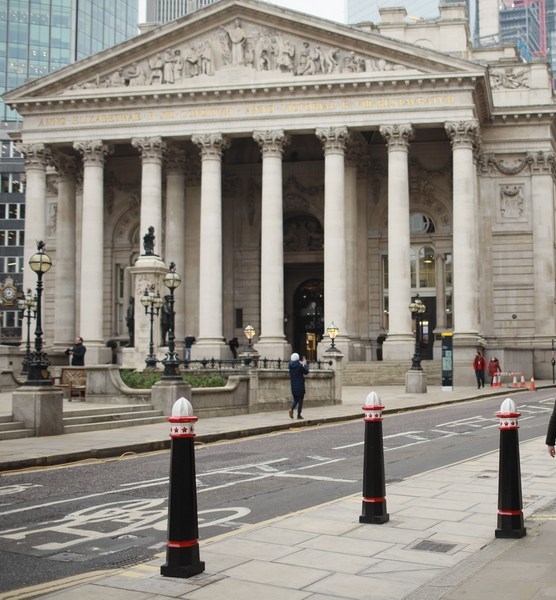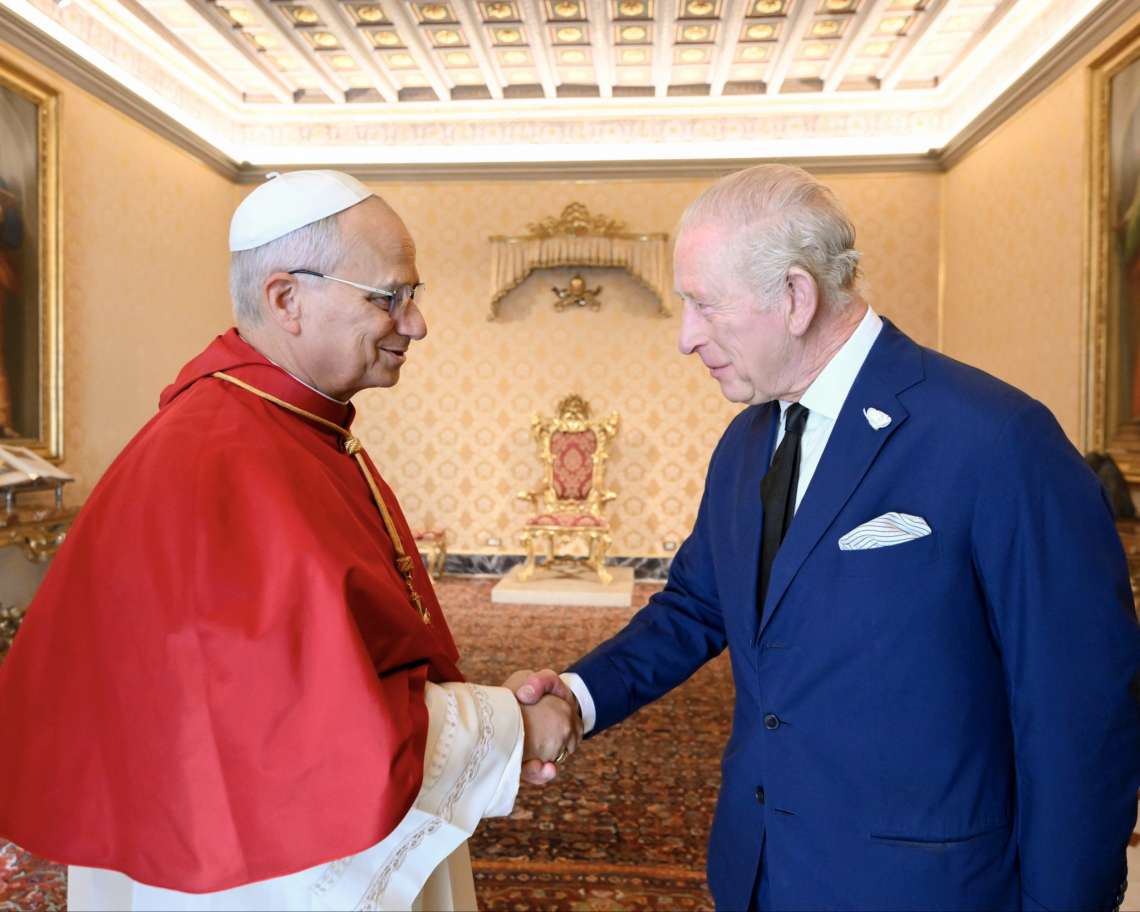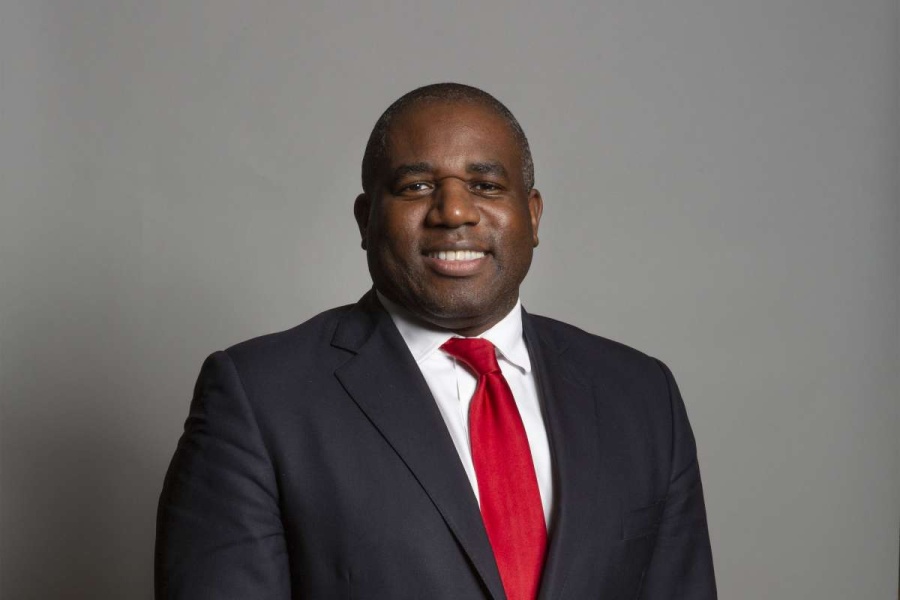Services inflation — which is closely watched by the BOE, given its dominance within the U.K. ..reports Asian Lite News
Inflation held steady during the month of August, data from the Office for National Statistics showed Wednesday, and matched analyst expectations. The headline consumer price index (CPI) was in line with the previous 2.2% reading in July and also matched a prediction from a Reuters poll of economists. Headline CPI had come in at 2% in May and June, in line with the Bank of England’s target rate.
Services inflation — which is closely watched by the BOE, given its dominance within the U.K. economy and its reflection of domestically-generated price rises — rose to 5.6% in August from 5.2% in July. Core inflation, excluding energy, food, alcohol and tobacco, came in at 3.6%, up from the 3.3% recorded in July.
Higher air fares were the largest contributor to upward price pressures, having risen from a lower base last year, the ONS said. Motor fuel, hotels and restaurants, meanwhile, saw the biggest declines. BOE policymakers will meet on Thursday to give their latest monetary policy decision, with traders largely expecting the bank to hold rates steady.
Bets for a second consecutive 25 basis point cut had doubled to almost 40% earlier this week on the prospect of a more aggressive reduction in borrowing costs from the U.S. Federal Reserve, but tipped back to 28% following the print.
Richard Carter, head of fixed interest research at investment management firm Quilter Cheviot, said the fresh data had upped the likelihood of the Bank taking a more cautious approach.
“Despite recent data showing a stagnation in UK economic output and easing wage growth, core inflation remains sticky, with services inflation rising from 5.2% to 5.6% which will weigh heavily on the BOE’s decision-making,” Carter said in a note.
“This complicates the central bank’s ability to justify further easing in the short term, especially when compared to the more aggressive stance of the Federal Reserve. The BOE’s quarter-point rate cut in August marked its first in over four years, but there is probably still a while yet until we get another cut,” he added.
Ruth Gregory, deputy chief UK economist at Capital Economics, echoed those sentiments, saying the rise in services inflation was likely to prove especially concerning to the central bank. She added that further upward price pressure could be expected in the coming months on the back of higher utility prices.
“Overall, a pause on interest rate cuts was already expected tomorrow and today’s release cements that view. We continue to assume the next 25 basis point rate interest rate cut will take place in November and that rates will be cut at alternative BoE meetings until June,” Gregory said.
The reading also comes ahead of the U.K.’s forthcoming Oct. 30 Autumn Statement, during which the new Labour government will set out its budget plans for the new term.
Chief Secretary to the Treasury, Darren Jones, said he welcomed “more manageable inflation” but noted that significant work was still needed to “fix the foundations” of the economy.

House prices rise for fifth month in July
British house prices rose by an annual 2.2% in July, the fifth monthly rise in a row but the pace of increase cooled and was below a revised 2.7% increase in the 12 months to June, the Office for National Statistics said on Wednesday.
The ONS said house prices in London fell 0.4%. Other indicators of Britain’s property sector have shown a recovery as demand improved after a cut in borrowing costs.
But no change in British consumer price inflation in data published earlier on Wednesday prompted investors to trim expectations of a cut in interest rates by the Bank of England on Thursday. The ONS also said its gauge of private rents rose by 8.4% in the year to August.
Meanwhile, private rents climbed at a near-record rate to 8.4% in the year to August, with London leading the surge, according to official figures. The increase in private rents is almost four times that of inflation, which rose 2.2% in August, figures from the Office for National Statistics (ONS) showed.
In August, the average private rent in Great Britain was £1,286 per month. This is £100 (8.4%) higher than 12 months previously. Average rents increased to £1,327 in England — an increase of 8.5% in the 12 months to August 2024. They increased to £752 (8.5%) in Wales, and £969 (7.6%) in Scotland in the same time period.
In Northern Ireland, average rents increased by 9.9% in the 12 months to June 2024. In England, rent inflation was highest in London at 9.6% and lowest in the south-west at 6.4%.
The average rent was highest in London at £2,129 and lowest in the north-east at £682.
Aimee North, ONS head of housing market indices, said: “Rental prices continue to climb at a near-record rate, although the pace of the increase has slowed slightly. London again saw the fastest growth in rents, with the slowest rise in the South West of England.”
Nathan Emerson, CEO at Propertymark, a membership organisation for estate agents, said: “The rental market continues to operate with a very strong headwind, as many landlords battle increased overheads and uncertainty regarding future legislation. Landlords have faced a complex combination of high inflation, interest rates, maintenance costs and a more demanding taxation structure over the last few years.
“In turn, this has had a profound impact on their ability to operate and in some circumstances has forced good landlords to make the difficult choice to sell up and leave the sector.”
Last month, the highest average rent was in the Kensington and Chelsea area of London, at £3,418. The lowest was in Dumfries and Galloway in Scotland at £483. Excluding London, the local area with the highest average rent in August 2024 was Elmbridge in the south east, at £1,822.
Meanwhile, average UK house prices increased by 2.2% to £290,000, which was down from 2.7% in the 12 months to June 2024. It is also the fifth monthly rise in annual house price inflation in a row.
ALSO READ: Starmers’s Gray Quid Row














